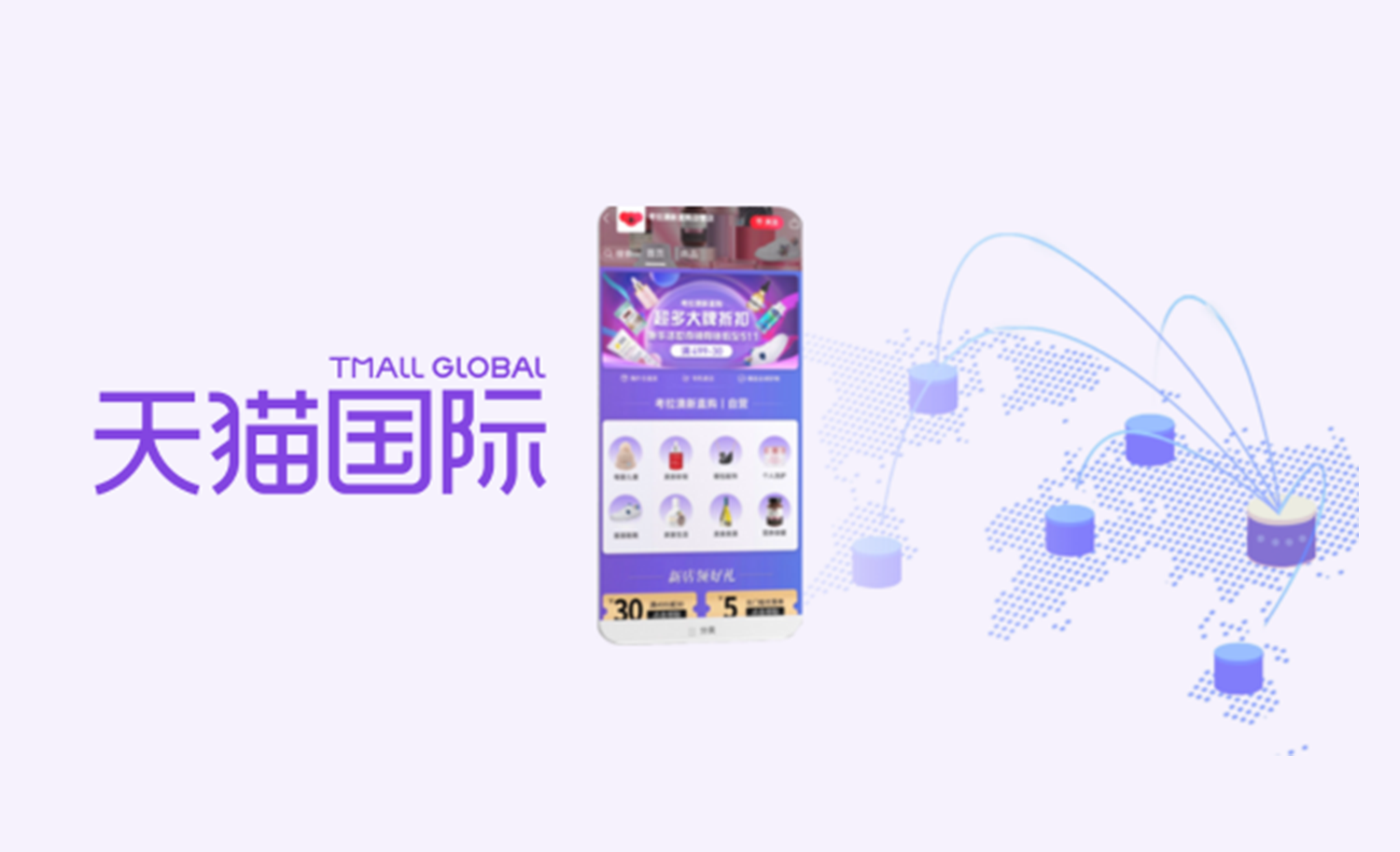Maximizing profit today involves reaching beyond national markets. Accessing an international customer base is vital if a business wants to expand and participate in international trade.
"Localization" relates to the act of modifying a product to make it both usable and suitable to a target market. Website localization therefore refers to the process of taking an English, western-orientated, website and moulding it to conform to a foreign audience. Your website is your storefront to the world. If you want to reach targeted locales around the globe, you'll want to consider localizing your website to meet your audiences' unique needs.
Now, take a close look at five important points about how to do with website localization.
1. Create a positive user experience with custom layout and navigation
 Various cultures may have unique website design preferences based on what they're used to seeing online. Creating a positive user experience for your global audiences includes adjusting your website's structure to fit their needs.
Various cultures may have unique website design preferences based on what they're used to seeing online. Creating a positive user experience for your global audiences includes adjusting your website's structure to fit their needs.
If we compare the United States version on the left with the Pakistan version on the right, you can notice differences in layout, navigation, and even the amount of content shared.
But how do you know which layout is best for each locale?
To start, you can look at other websites in your target regions. Furthermore, the language you go into could also affect your website design structure, because some languages are read differently. For example, Arabic is read right to left, so your design may need to be re-oriented accordingly.
2.Local Social Media Optimization (SMO)
One step we recommend is to optimize your website with the local social media. You will always need to add the social media share buttons that are commonly used in your intended local market in order to guarantee traffic from the local social networks. Some countries have specific social networks like China, Japan, and it's highly important to localize your website optimized for those networks to help users to spread your message, content and offers via their profiles and online activities.

3. Share locale-specific information that's on point
Just as with all other global marketing endeavors, it's important that your website's content have a local feel. You likely won't reference American football on the Brazil version of your website. You may have also adapted your products for these markets, so your information will adjust as well.
Use your website as a tool to publicize your locale-specific marketing campaigns so you not only look but also sound like a local business, because only then can you maximize sales.
Accordingly, you want in-country, native-speaking linguists to do your translations. They can ensure that local slang, cultural references and other communication aspects resonate with your audiences.
4. Down to the Last Detail
A successfully localized website is one that appears to have been developed locally, even when it wasn’t. Since localization mistakes and oversights can be awkward for website users and potentially embarrassing for the company, make sure to get it right — it's absolutely worth the time and effort. The last thing any company wants is to turn away potential customers from its website before those visitors ever have a chance to experience the product or service.
These are, of course, just some of the many considerations for website localization, which is all about creating a local online experience for each of your target regions so you can make the most impact and increase sales.
TMO Group is a technology provider services eCommerce website development, eCommerce solution and so on. More details please send us an email!












